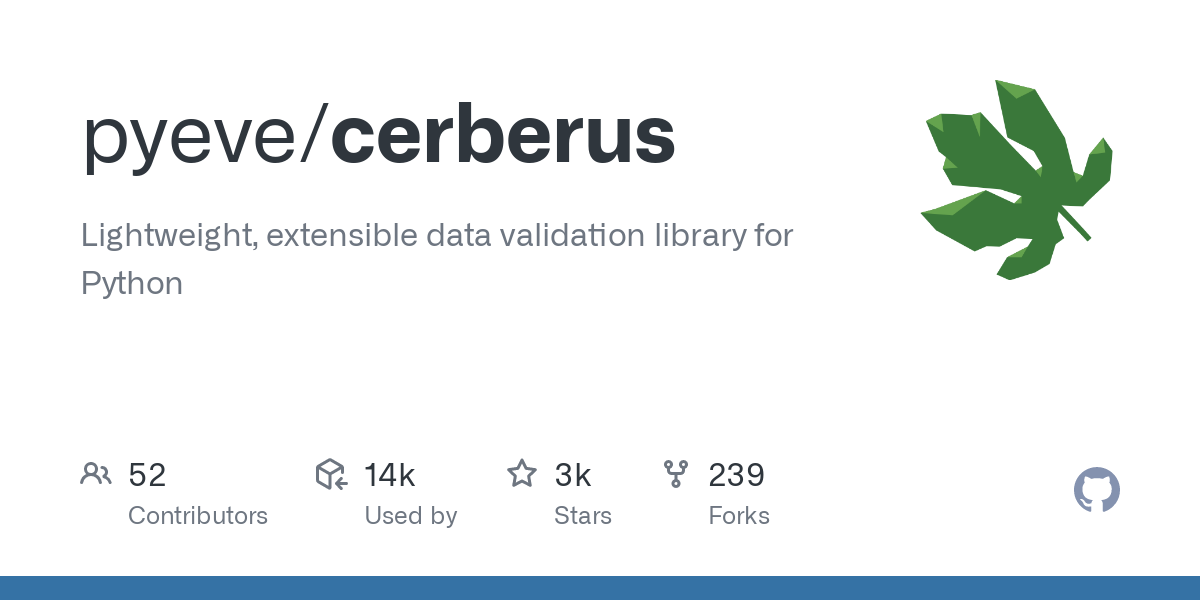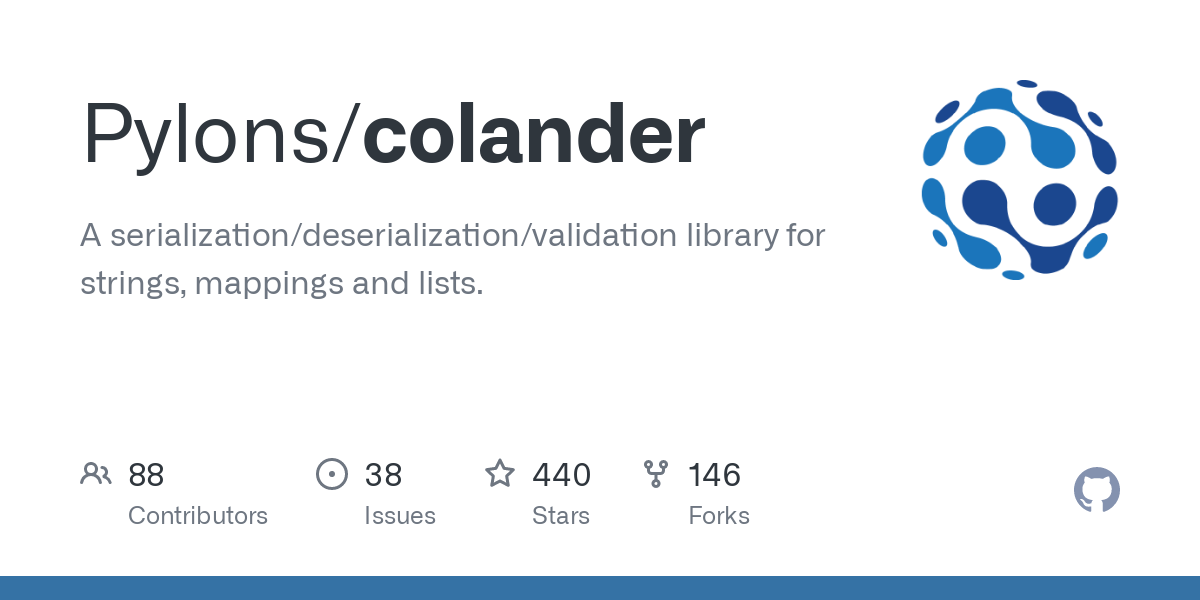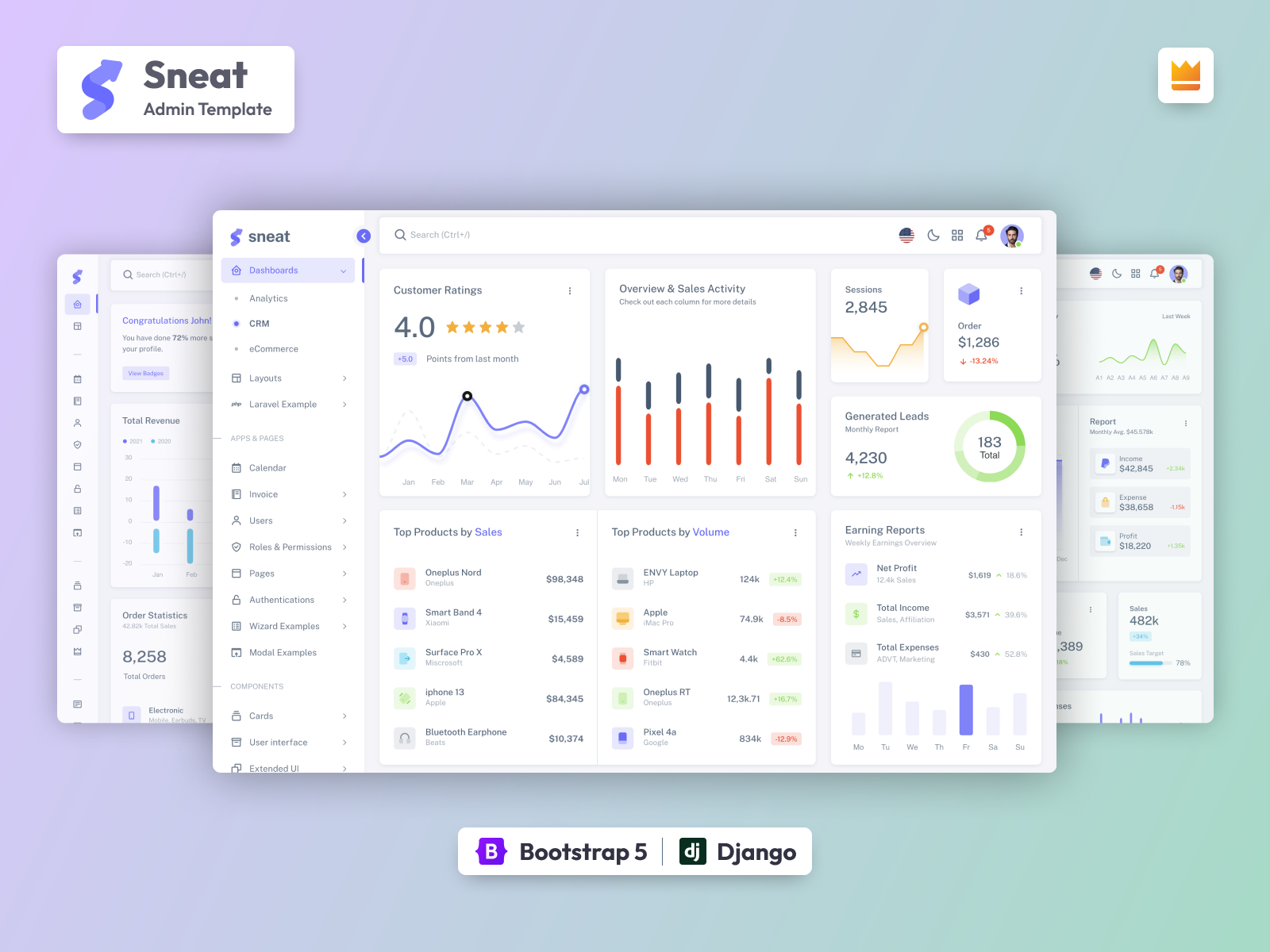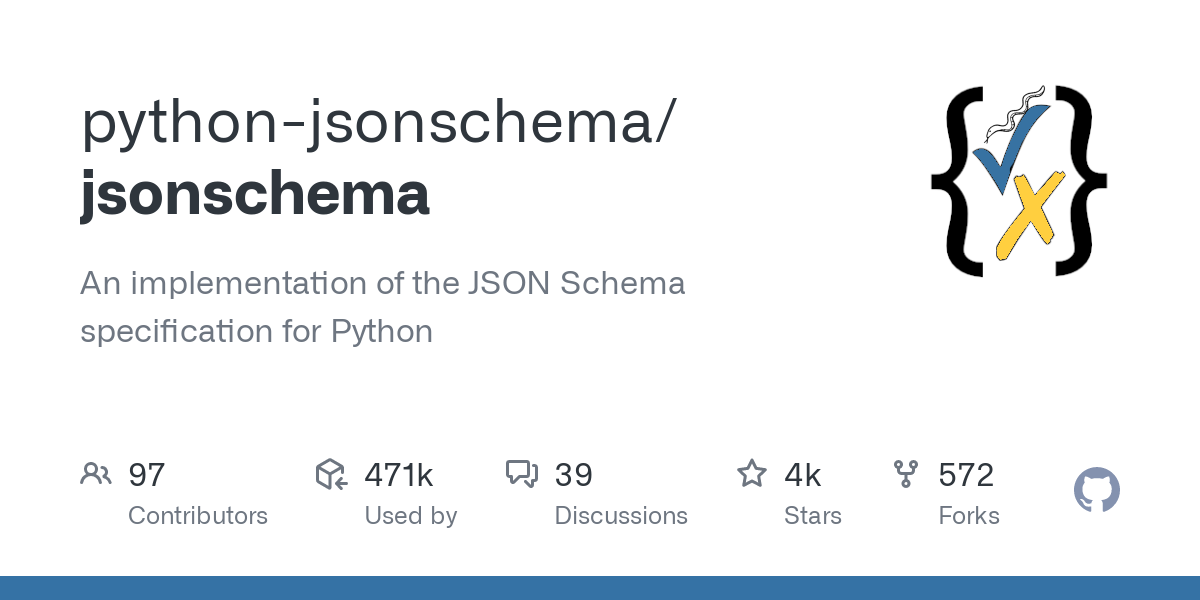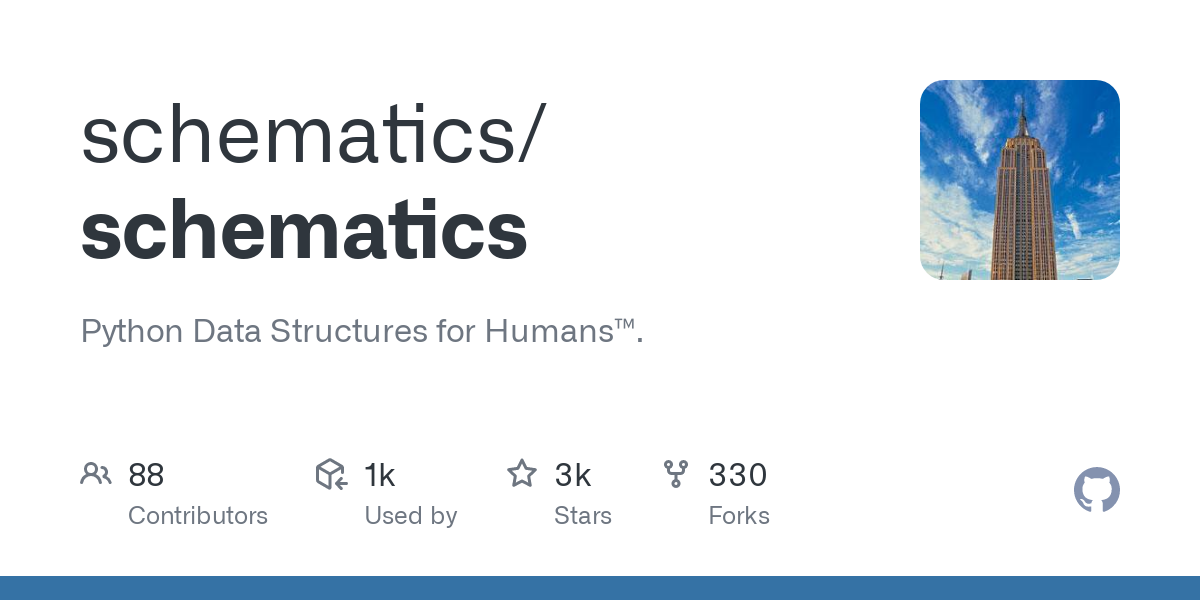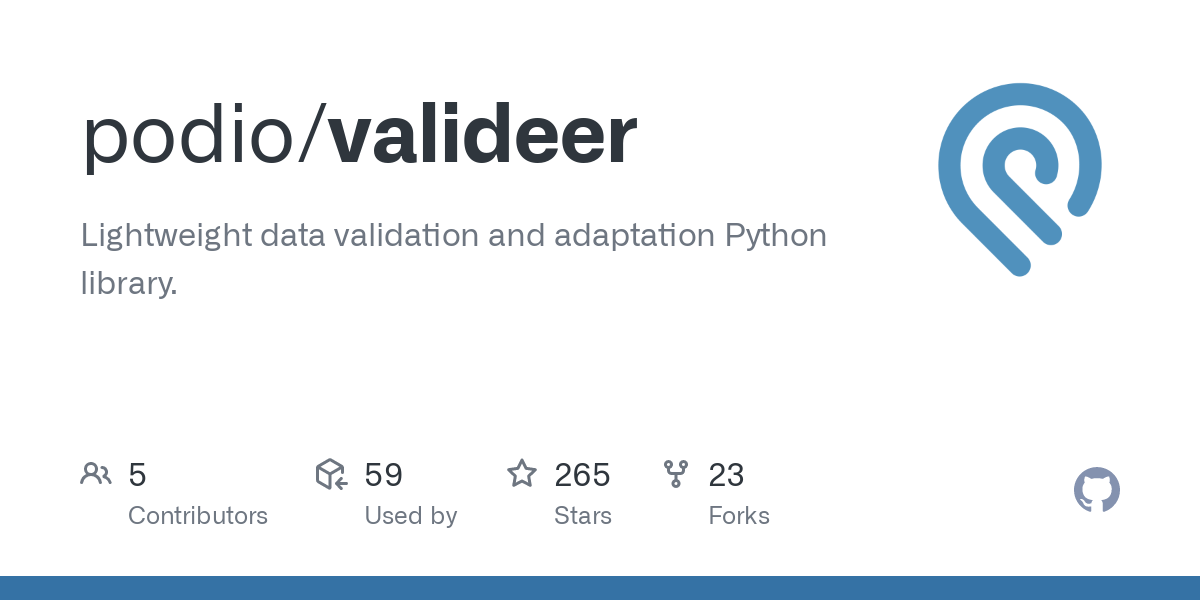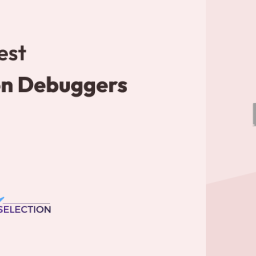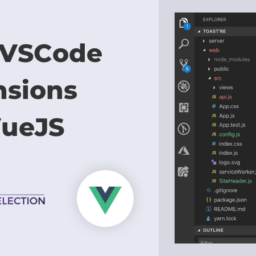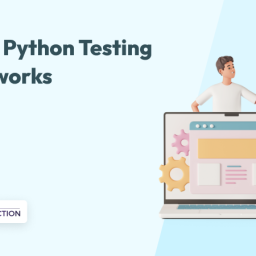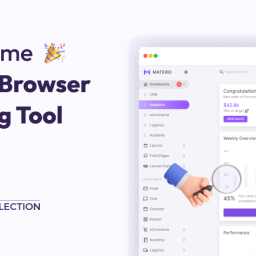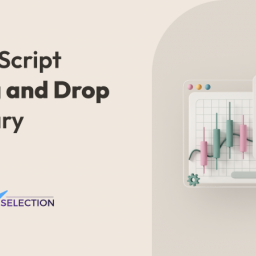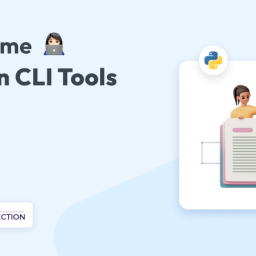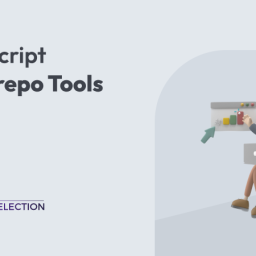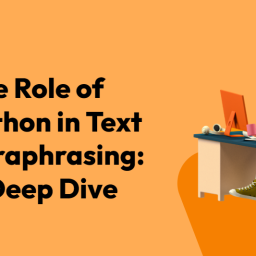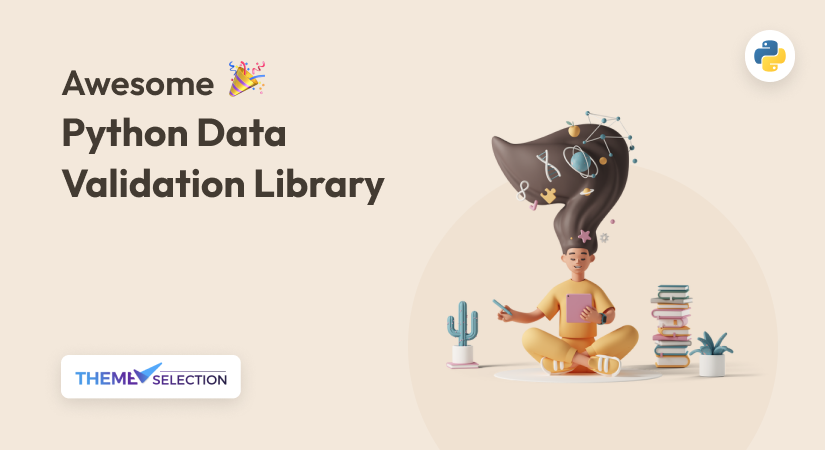
Looking for the best Python Data Validation Library for your upcoming project? Well, in this article we will discuss the best Data validation library for Python.
Before we start the list, let’s get to know what is Data Validation library first.
Table of contents
- What Is a Data Validation Library?
- The Best Python Data Validation Libary
- Cerberus : A lightweight and extensible data validation library
- Colander : Validating and deserializing data obtained via XML, JSON, and an HTML form post.
- Jsonschema : An implementation of JSON Schema for Python.
- Schema : A library for validating Python data structures.
- Schematics : Data Structure Validation.
- Valideer : Lightweight extensible data validation and adaptation library.
- Conclusion:
What Is a Data Validation Library?
Data validation is the process of verifying that data is in an acceptable state for downstream processing (analytics, visualizations, machine learning, etc). Data needs to conform to the expectations of downstream consumers so that they can use it with confidence; poor data quality issues that go unresolved can have a significant deleterious impact on production systems.
To ensure the accuracy and reliability of data within the system, a Data validation library is required. It validates incoming data, checking for adherence to predefined rules and standards to prevent errors and maintain data integrity.
In simple terms, a Data Validation Library acts as a gatekeeper, ensuring that only valid and properly formatted data enters a system, contributing to smoother operations and more reliable outcomes.
Benefits of Using Data Validation Library
The following are the core benefits of using the data validation Library:
- Ensures Data Accuracy
- Enhances Data Integrity
- Reduces Errors
- Improves Decision-Making
- Enhances System Efficiency
- Facilitates Compliance
- Prevents Security Risks
- Streamlines Processes
Parameters to Choose the Best Data Validation Library
To make sure you choose the right data validation library, make sure to undergo the following requirements.
- Compatibility: Ensure compatibility with your existing tech stack.
- Flexibility: Choose a library that supports various data types and formats.
- Ease of Integration: Opt for easy integration into your current systems.
- Performance: Assess the library’s impact on system performance.
- Customization: Look for the ability to customize validation rules.
- Documentation: Comprehensive documentation for ease of use.
- Community Support: Check for an active community for troubleshooting.
- Scalability: Ensure the library can handle growing data volumes.
- Validation Types: Supports a variety of validation types (format, range, etc.).
- Cost: Evaluate licensing and support costs.
In case you want to learn Python by practicing projects then check the best Open Source Python Projects.
The Best Python Data Validation Libary
Python Data Validation Library is a powerful tool for ensuring the integrity of your data. It simplifies the process of validating input, helping to prevent errors and enhance data quality. With an array of validation functions, it enables you to easily check data against predefined criteria.
It is also advisable to keep the Python Debuggers while working on your Python projects. Just like validation libraries, debuggers are also very helpful tools for the developers to ensure the project works well.
You may also find the collection of the Python Data Visualization Library helpful as well. Now, let’s check the best Python Data Validation Library.
Cerberus: A lightweight and extensible data validation library
Cerberus is a Python data validation library that provides a simple and intuitive way to validate various types of data. With Cerberus, you can easily define validation rules for your data structures, ensuring that they meet specific criteria.
This library is particularly useful for validating data before it enters your application, helping to maintain data integrity and prevent issues downstream. Cerberus supports a wide range of data types and validation rules, making it a versatile choice for data validation in Python projects.
Features:
- Provides type checking
- Base functionality
- Widely extensible
- No dependencies
Also, check the best Python CLI tools as well.
Colander: Validating and deserializing data obtained via XML, JSON, and an HTML form post.
Colander is useful as a system for validating and deserializing data obtained via XML, JSON, an HTML form post, or any other equally simple data serialization. It is tested on Python 2.7, 3.5, 3.6, 3.7, 3.8, 3.9, and 3.10, and PyPy 2.7 and PyPy 3.8.
Colander is a good basis for form generation systems, data description systems, and configuration systems. Out of the box, Colander can serialize and deserialize various types of objects, including:
- A mapping object (e.g. dictionary).
- A variable-length sequence of objects (each object is of the same type).
- A fixed-length tuple of objects (each object is of a different type).
- A string or Unicode object.
- An integer.
- A float.
- A decimal float.
The colander can be used to:
- Define a data schema.
- Deserialize a data structure composed of strings, mappings, and lists into an arbitrary Python structure after validating the data structure against a data schema.
- Serialize an arbitrary Python structure to a data structure composed of strings, mappings, and lists.
Sneat Bootstrap 5 Django Admin Template (The Best Django Admin Dashboard)
Sneat Bootstrap 5 Django Admin Template – is the latest Django 5 Admin Template. It is the most developer-friendly & highly customizable Django dashboard. Besides, the highest industry standards are considered to bring you the best Django admin dashboard template that is not just fast and easy to use, but highly scalable.
In addition, it is incredibly versatile and very suitable for your project. Besides, this bootstrap-based Django admin Template also allows you to build any type of web app with ease. For instance, you can create: SaaS platforms, Project management apps, E-commerce backends, CRM systems, Analytics apps, Banking apps, etc.
Furthermore, you can also use this innovative admin panel template to create eye-catching, high-quality, and high-performing Web Applications. Besides, your apps will be completely responsive, ensuring they look stunning and function flawlessly on desktops, tablets, and mobile devices.
Features:
- Built with Django 5
- Using CSS Framework Bootstrap 5.3.2
- Docker for Faster Development
- Vertical and Horizontal layouts
- Default, Bordered & Semi-dark themes
- Light, Dark, and System mode support
- Internationalization/i18n & RTL Ready
- Python-Dotenv: Environment variables
- Theme Config: Customize our template without a sweat
- 5 Dashboard
- 10 Pre-Built Apps
- 15+ Front Pages and many more.
Jsonschema: An implementation of JSON Schema for Python.
JsonSchema is a Python library for validating JSON data against a specified schema. It enables you to define a JSON schema, a blueprint that outlines the structure and constraints your JSON data should adhere to.
With Jsonschema, you can also validate whether your JSON documents conform to these predefined rules, ensuring data consistency and correctness. Besides, this library is widely used in Python applications that deal with JSON data, providing a robust mechanism for validating and ensuring the integrity of JSON documents.
Features:
- Full support for Draft 2020-12, Draft 2019-09, Draft 7, Draft 6, Draft 4 and Draft 3
- Lazy validation that can iteratively report all validation errors.
- Programmatic querying of which properties or items failed validation.
Schema: A library for validating Python data structures.
Schema is a library for validating Python data structures, such as those obtained from config files, forms, external services, or command-line parsing, converted from JSON/YAML (or something else) to Python data types. It is a versatile tool for data validation and structuring.
Besides, it allows you to define a schema for your data, specifying the expected structure, types, and constraints. With schema, you can validate your data against this predefined schema, ensuring that it meets the specified criteria.
This library is particularly useful when you need a flexible and straightforward way to validate and handle complex data structures in your Python projects. It provides a convenient interface for defining and applying schemas to your data, contributing to improved data quality and reliability.
Features:
- Simple Schema Definition
- Data Type Validation
- Constraint Specification
- Nested Structure Support
- Customizable Error Messages
- Extensive Data Validation Options
- Cross-field Validation
- Integration with Python Projects
- Lightweight and Easy to Use
Schematics: Data Structure Validation.
Schematics is a Python Data Validation Library to combines types into structures, Validates them, and transforms the shapes of your data based on simple descriptions.
The internals are similar to ORM-type systems, but there is no database layer in Schematics. Thus, this makes it easy to handle data except for writing the query. It can be also used to do tasks where having a database involved is unusual.
Some common cases:
- Design and document specific data structures
- Convert structures to and from different formats such as JSON or MsgPack
- Validate API inputs
- Remove fields based on access rights of some data’s recipient
- Define message formats for communications protocols, like an RPC
- Custom persistence layers

Valideer: Lightweight extensible data validation and adaptation library.
Valideer is a Python library designed for data validation. It also offers a straightforward way to define and apply validation rules to your data structures. Besides, with Valideer, you can create concise and expressive validation schemas, making it easy to ensure the correctness of your data.
Furthermore, the library supports a variety of validation rules, including type validation, length constraints, and custom validation functions.
Additionally, it is particularly useful in scenarios where you need a lightweight yet powerful tool to validate and sanitize your data in Python applications. Valideer aims to simplify the validation process while providing the flexibility needed for various data validation requirements.
Features:
- Supports both validation and adaption.
- No need to define verbose schema class upfront
- Highly extensible
- Informative and Customizable
- Agnostic
- Well tested
- Production-ready
Conclusion:
In conclusion, the collection of Python data validation libraries, including Cerberus, Jsonschema, and Valideer, offer robust solutions for ensuring the integrity and reliability of data in Python applications. These libraries provide versatile tools to define validation rules, check data against specified criteria, and enhance overall data quality.
Whether you prefer the simplicity of Cerberus, the schema-driven approach of Jsonschema, or the lightweight design of Valideer, each library serves as a valuable asset in maintaining data consistency and accuracy. Their ease of use, extensive validation options, and integration capabilities make them essential for developers looking to streamline the data validation process in their Python projects.
Hope you find this collection helpful.

